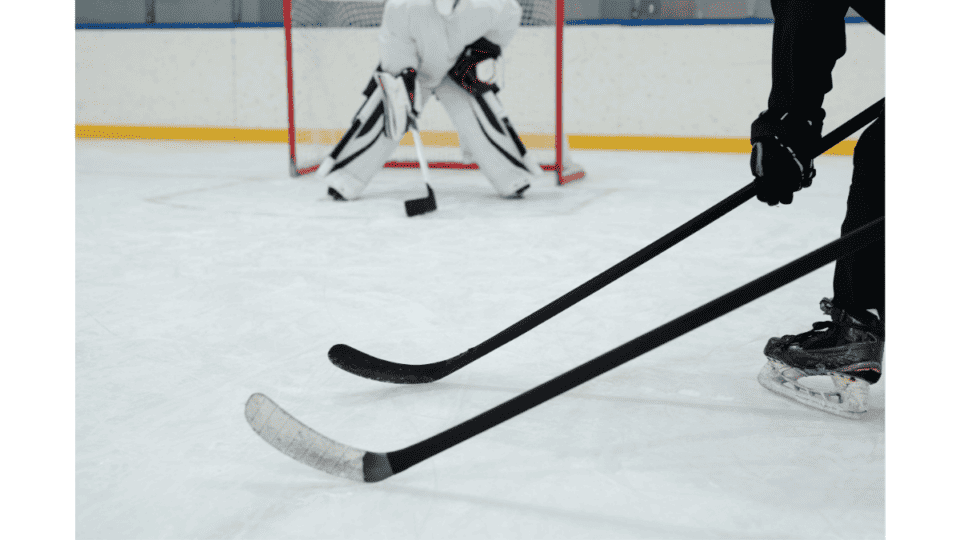
Exploring Hearing Loss in Athletes
When we think of the physical toll of sports, we often consider injuries like sprains, fractures, or concussions. However, one aspect that may be overlooked is the impact of sports-related noise exposure on athletes’ hearing health. The lesser-known risks of hearing loss in athletes are worth exploring.
Noise Exposure on the Field
Athletes are exposed to an array of sounds during training and competition, ranging from the roar of the crowd to the sharp blasts of whistles, and even the reverberating echo of equipment colliding. These sounds can reach levels that pose a risk to auditory health. This is especially true in sports where noise exposure is frequent and intense, such as football, basketball, hockey, and motorsports.
Noise-induced hearing loss (NIHL) occurs when exposure to loud sounds damages the delicate hair cells in the inner ear, leading to permanent hearing impairment. Sports-related noise exposure can contribute to NIHL, particularly in activities where athletes are exposed to sudden, high-intensity sounds, such as gunfire, explosions, or cheering crowds.
Hearing loss can have significant consequences for athletes, both on and off the field. Hearing loss makes it hard to communicate with coaches, teammates, and officials during games. It can also affect athletes’ ability to perceive important auditory cues, such as verbal instructions or warning signals, potentially compromising their performance and safety.
Off the field, hearing loss can impact athletes’ quality of life, communication abilities, and social interactions. It may also contribute to feelings of isolation, frustration, and reduced self-confidence, particularly if athletes are not properly supported or accommodated in their hearing needs.
Safeguarding Athletes’ Hearing Health
Despite the risks of noise-induced hearing loss in sports, there are practical strategies athletes can employ to protect their hearing health:
- Use Hearing Protection: Wear earplugs or earmuffs during training and competition, especially in noisy environments or events with loud music or crowd noise. Custom-fitted earplugs or noise-canceling headphones can provide effective protection while allowing athletes to hear essential auditory cues.
- Limit Exposure to Loud Sounds: Minimize exposure to loud sounds whenever possible, particularly during leisure activities or social events outside of sports. Take breaks from noisy environments, and seek out quiet spaces to give your ears a rest and reduce the risk of overexposure.
- Advocate for Hearing-Friendly Environments: Encourage sports organizations, governing bodies, and event organizers to prioritize hearing-friendly environments by implementing noise-reduction measures. This can include hearing protection options and raising awareness about the risks of noise-induced hearing loss in sports.
- Educate Athletes and Coaches: Raise awareness among athletes, coaches, and support staff about the importance of hearing health and the risks of noise-induced hearing loss in sports. Provide education on hearing protection strategies, signs of hearing loss, and resources for seeking assistance or support.
- Monitor Hearing Health Regularly: Schedule regular hearing assessments with a qualified hearing healthcare provider to monitor hearing health and detect any signs of hearing loss. Early intervention and management can help prevent further damage and preserve auditory function over time.
Supporting Athletes with Hearing Loss
For athletes who experience hearing loss, it’s important to provide support, accommodations, and resources to ensure they can continue to participate fully in sports and achieve their potential. This may include:
- Providing assistive listening devices, such as hearing aids or cochlear implants, to enhance auditory perception and communication abilities.
- Offering communication support, such as captioning services or sign language interpretation, to facilitate effective communication with coaches, teammates, and officials.
- Implementing inclusive practices and accommodations, such as visual cues or written instructions, to ensure athletes with hearing loss can fully participate in training sessions and competitions.
- Fostering a supportive and inclusive team environment where athletes feel valued, respected, and empowered to advocate for their hearing needs.
Hearing loss is a significant issue in the world of sports, both for athletes and fans. If you’re an athlete, amateur competitor, or avid fan, it’s important to protect your hearing health. Start with a comprehensive hearing test to find out more about your hearing. Together we’ll explore treatment options or discuss custom hearing protection options. Visit us today to get started.
